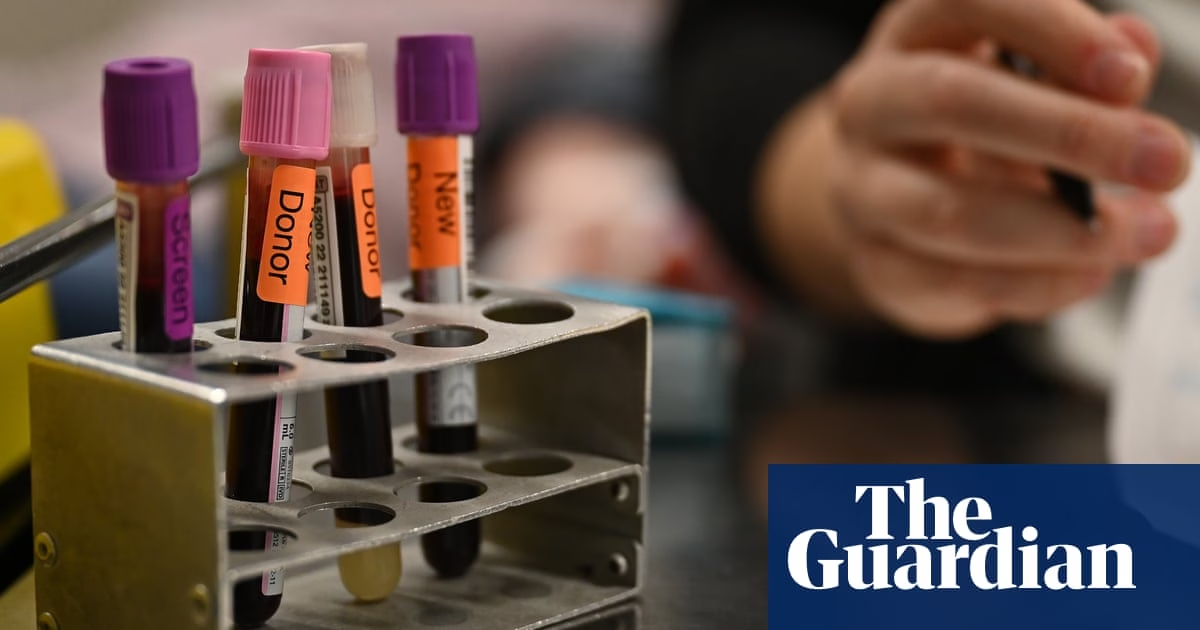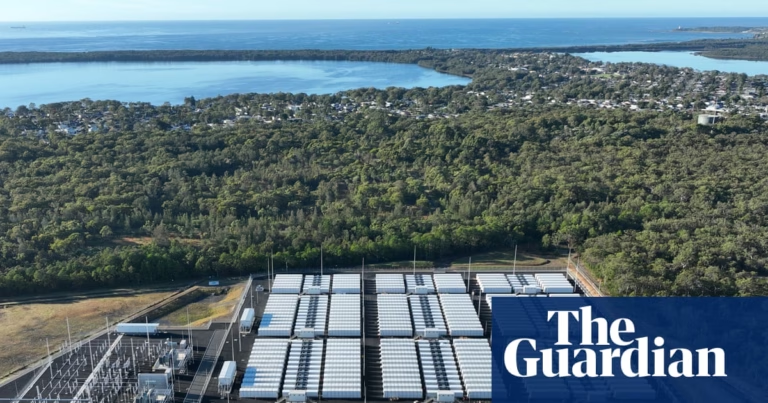Sweeping changes are coming to the rules governing blood and plasma donations, marking a significant move away from HIV-era restrictions. Lifeblood, Australia’s national blood, milk, and microbiota donation service, is heralding this shift as “a very exciting day” for donations.
Currently, the rules prevent gay and bisexual men, as well as transgender women who have had sex with men in the past three months, from donating blood or plasma. However, starting July 14, these sexual activity wait times for plasma donations will largely be removed, introducing what Lifeblood is calling a “world-leading plasma pathway”.
This rule change means that most individuals who are HIV negative and take antiretroviral medication to prevent HIV infection (pre-exposure prophylaxis) will be able to donate plasma without any waiting period.
Lifeblood is anticipating an additional 24,000 donors and 95,000 extra plasma donations annually due to the rule amendment.
“Extensive research and modeling show that there will be no impact to the safety of the plasma supply with this change,” Lifeblood stated. Dash Heath-Paynter, CEO of Health Equity Matters, sees potential for these changes to unlock thousands of donations of life-saving plasma that are in high demand at Australian hospitals.
Australia is leading the way globally with this regulation shift, according to Health Equity Matters.
The Therapeutic Goods Administration has also green-lighted the removal of gender-based sexual activity rules for blood and platelets donation eligibility.
Dr. Jo Pink, Lifeblood’s chief medical officer, explained that currently, men are asked if they have had anal sex with another man. These questions, stemming from the HIV period, are in the process of being revamped.
“We’re moving towards gender-neutral rules,” Pink said, indicating that donors will be asked about their sexual activity, with eligibility to donate based on their sexual history rather than their gender or orientation. The introduction of these changes is slated for implementation in 2026.
Currently, the rules prevent gay and bisexual men, as well as transgender women who have had sex with men in the past three months, from donating blood or plasma. However, starting July 14, these sexual activity wait times for plasma donations will largely be removed, introducing what Lifeblood is calling a “world-leading plasma pathway”.
This rule change means that most individuals who are HIV negative and take antiretroviral medication to prevent HIV infection (pre-exposure prophylaxis) will be able to donate plasma without any waiting period.
Lifeblood is anticipating an additional 24,000 donors and 95,000 extra plasma donations annually due to the rule amendment.
“Extensive research and modeling show that there will be no impact to the safety of the plasma supply with this change,” Lifeblood stated. Dash Heath-Paynter, CEO of Health Equity Matters, sees potential for these changes to unlock thousands of donations of life-saving plasma that are in high demand at Australian hospitals.
Australia is leading the way globally with this regulation shift, according to Health Equity Matters.
The Therapeutic Goods Administration has also green-lighted the removal of gender-based sexual activity rules for blood and platelets donation eligibility.
Dr. Jo Pink, Lifeblood’s chief medical officer, explained that currently, men are asked if they have had anal sex with another man. These questions, stemming from the HIV period, are in the process of being revamped.
“We’re moving towards gender-neutral rules,” Pink said, indicating that donors will be asked about their sexual activity, with eligibility to donate based on their sexual history rather than their gender or orientation. The introduction of these changes is slated for implementation in 2026.








